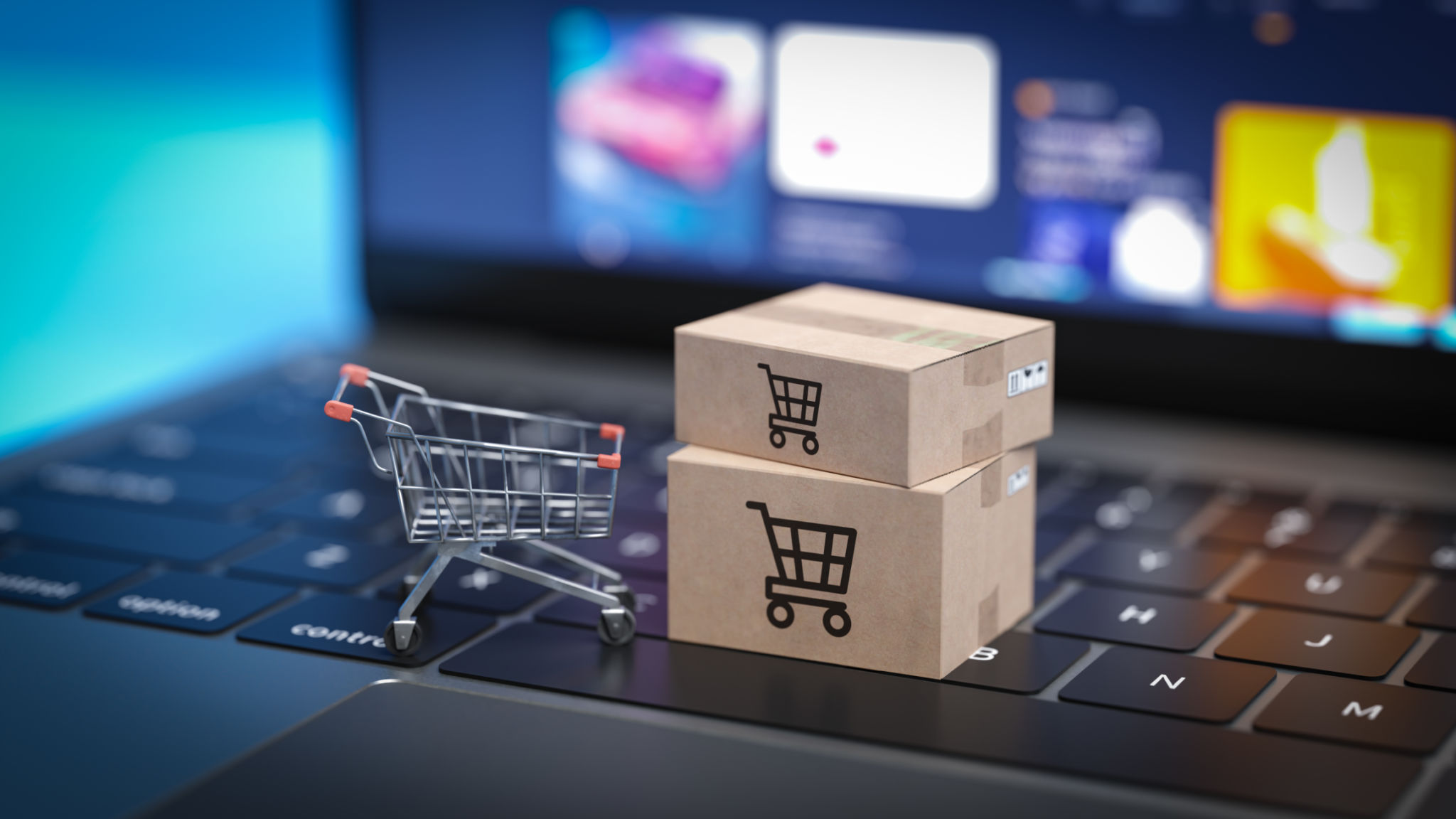The Future of Fulfillment Logistics: Trends to Watch
The Rise of Automation in Fulfillment Logistics
Automation is rapidly transforming the landscape of fulfillment logistics. From autonomous vehicles to robotic picking systems, the integration of technology is enhancing efficiency and accuracy in supply chains. Businesses are increasingly investing in automated solutions to handle higher volumes of orders while reducing human error.

One of the most significant advancements is the use of drones for last-mile delivery. These unmanned aerial vehicles can bypass traffic congestion, delivering packages faster and more reliably. As regulatory frameworks evolve, the use of drones is expected to become a common feature in fulfillment logistics.
Robotics and AI: The Future Workforce
Robots equipped with artificial intelligence are revolutionizing warehouses by performing tasks such as sorting, packing, and transporting goods. AI-driven systems can analyze vast amounts of data to optimize routes and improve inventory management. This results in reduced costs and faster delivery times.
Moreover, AI is being used to predict demand patterns, allowing companies to better manage their stock levels. By utilizing machine learning algorithms, businesses can minimize overstock and stockouts, ensuring that customers receive their orders promptly.

The Impact of E-commerce Growth
The explosive growth of e-commerce has put significant pressure on fulfillment logistics to deliver faster and more efficiently. Consumers now expect same-day or next-day delivery as standard, pushing companies to innovate and streamline their operations.
To meet these demands, many businesses are turning to micro-fulfillment centers located closer to urban areas. These facilities enable quicker deliveries by reducing the distance between the warehouse and the customer. As a result, companies can fulfill orders more rapidly and at a lower cost.

Sustainability in Fulfillment Logistics
As environmental concerns continue to rise, sustainability has become a critical focus in fulfillment logistics. Companies are actively seeking ways to reduce their carbon footprint through eco-friendly practices. This includes optimizing delivery routes to reduce emissions and investing in electric delivery vehicles.
Packaging is another area where sustainability is taking center stage. Businesses are adopting recyclable and biodegradable materials to minimize waste. Additionally, some companies are exploring reusable packaging solutions to further reduce environmental impact.
The Role of Data Analytics
Data analytics plays a crucial role in the future of fulfillment logistics by providing insights that drive strategic decisions. By analyzing data from various sources, companies can gain a deeper understanding of customer behavior and preferences.
This information allows businesses to tailor their services to meet customer expectations more effectively. Additionally, predictive analytics can help anticipate demand fluctuations, enabling better resource allocation and inventory management.

Challenges and Opportunities Ahead
While the future of fulfillment logistics is promising, it also presents challenges that companies must navigate. The rapid pace of technological change requires continual adaptation and investment. Skilled labor shortages in tech-savvy roles are also a concern as automation becomes more prevalent.
However, these challenges present opportunities for innovation and growth. By embracing new technologies and sustainable practices, businesses can improve their operations and maintain a competitive edge in an ever-evolving marketplace.
